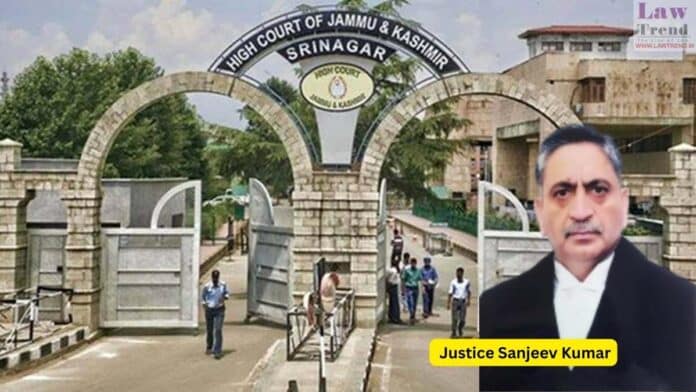In a landmark decision, the Jammu and Kashmir High Court ruled that a woman’s suicide within seven years of marriage does not automatically imply abetment by the husband. The Court overturned an earlier conviction under Sections 498-A (cruelty by husband or relatives) and 306 (abetment of suicide) of the Ranbir Penal Code (RPC). The ruling
To Read More Please Subscribe to VIP Membership for Unlimited Access to All the Articles, Download Available Copies of Judgments/Order, Acess to Central/State Bare Acts, Advertisement Free Content, Access to More than 4000 Legal Drafts( Readymade Editable Formats of Suits, Petitions, Writs, Legal Notices, Divorce Petitions, 138 Notices, Bail Applications etc.) in Hindi and English.




